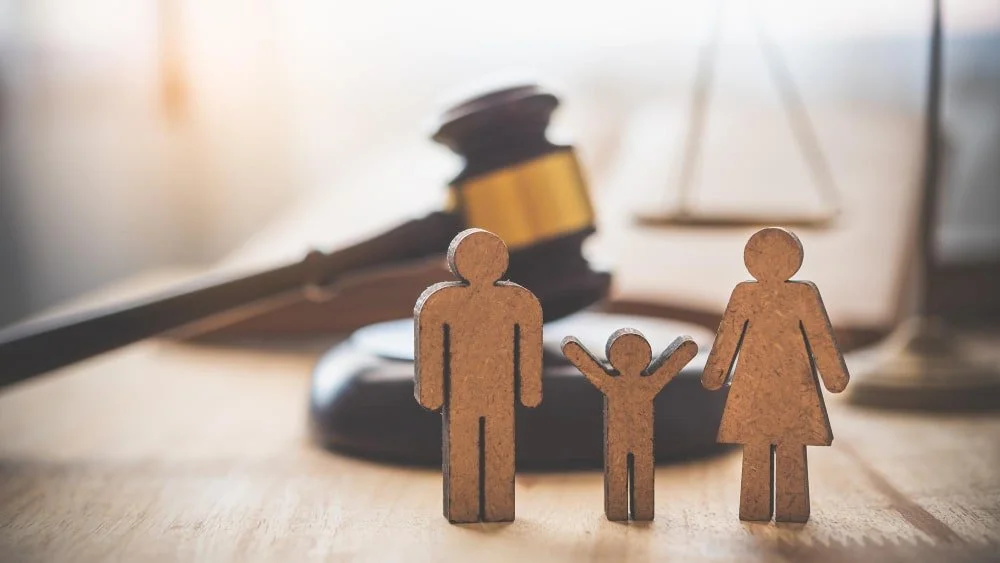Fathers and Divorce: Protecting Kids and Overcoming Fears
Divorce can be a traumatic experience for both parents and children. However, fathers, in particular, often feel guilty and scared about how their divorce will affect their children. Fathers love their children and want to protect them from harm or pain, but divorce is sometimes unavoidable. Let's discuss how fathers can handle their fears and protect their children during and after a divorce with the help of a custody attorney.
Beyond Nurture: Debunking the Myth of Parental Impact on Child's Personality
First and foremost, fathers should understand that their impact on their children's personalities could be much higher. According to a study by Judith Harris, author of "The Nurture Assumption," parents' influence on their children's personalities is overrated. Harris found that peers, genetics and other environmental factors have more significant effects on children's characters than parents. Therefore, fathers should not beat themselves up over how their divorce may impact their children's personalities.
However, fathers should take responsibility for their behavior during and after the divorce. They should maintain a positive relationship with their children and avoid bad-mouthing their ex-spouse. Children can easily pick up on negative energy and tension between their parents, which can cause them to feel anxious and confused. Instead, fathers should support their children and encourage them to maintain a healthy relationship with both parents.
Furthermore, fathers should prioritize their children's emotional well-being during the divorce. Divorce can be stressful and emotionally draining for everyone involved, but children often feel caught up in their parents' conflicts. Therefore, fathers should create a safe and stable environment for their children by establishing consistent routines and rules. They should also encourage their children to express their feelings and emotions and provide them with emotional support.
Empowering Fathers: How a Custody Attorney Can Protect Your Parental Rights
Divorce can be a complicated and overwhelming process, especially regarding child custody. Fathers may feel uncertain about their parental rights and responsibilities and worry about losing their relationship with their children. In such cases, seeking the help of a custody attorney in OKC can be beneficial. A custody attorney can provide fathers with legal guidance and representation during divorce, ensuring their rights and interests are protected.
These attorneys can also help fathers negotiate child custody agreements with their ex-spouse that are in the children's best interests. They can help fathers understand their options, such as joint , shared or sole custody and guide them on presenting their case in court if necessary. A custody attorney can also assist fathers in resolving any disputes or conflicts arising during or after the divorce.
Reneau Law Group: Your Trusted Custody Attorney in OKC
If you are a father who is going through a divorce and worried about your children's well-being, Reneau Law Group can help. Our custody lawyer in OKC has years of experience representing fathers in child custody cases and ensuring their rights and interests are protected. We understand how stressful and emotionally draining a divorce can be and we are here to support you every step of the way.
Our custody attorney in OKC will work with you to understand your unique situation and provide you with tailored legal guidance and representation. We will help you negotiate a child custody agreement that is in the best interests of your children and ensure that your parental rights are protected. We will represent you in court and fight for your rights as a father if necessary.
Don't let the fear of hurting your children hold you back from seeking a divorce. Contact Reneau Law Group today and let us help you navigate this difficult time. Our custody lawyers are here to support you and prioritize your children's well-being.
**Disclaimer: The above article does not imply a relationship between attorney and client, nor does it aim to provide any legal advice.

